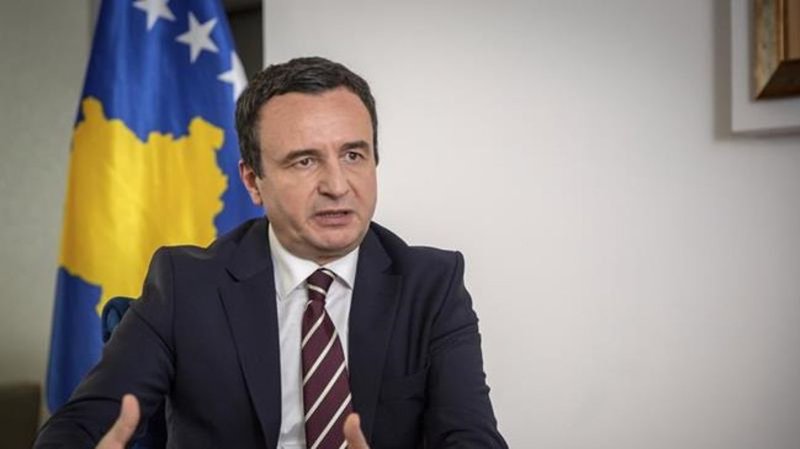
Kosovo complains of biased western envoys in talks with its former foe Serbia
PRISTINA, Kosovo (AP) — Kosovo’s prime minister on Thursday complained of bias against his country from the United States and the European Union and tolerance of what he called Serbia’s authoritarian regime.
Prime Minister Albin Kurti said his Cabinet took a different stance. “We insist that behaving well with an autocrat doesn’t make him behave better. On the contrary,” he said.
The U.S. and EU envoys for the Kosovo-Serbia talks — Gabriel Escobar and Miroslav Lajcak respectively — “come to us with demands, with requests of the other side,” he said in an interview with The Associated Press.
Ethnic Serbs recently clashed with Kosovo police and then the NATO-led KFOR peacekeeping force, leaving 30 soldiers and over 50 Serbs injured and provoking fears of a renewal of the region’s bloody conflicts.
